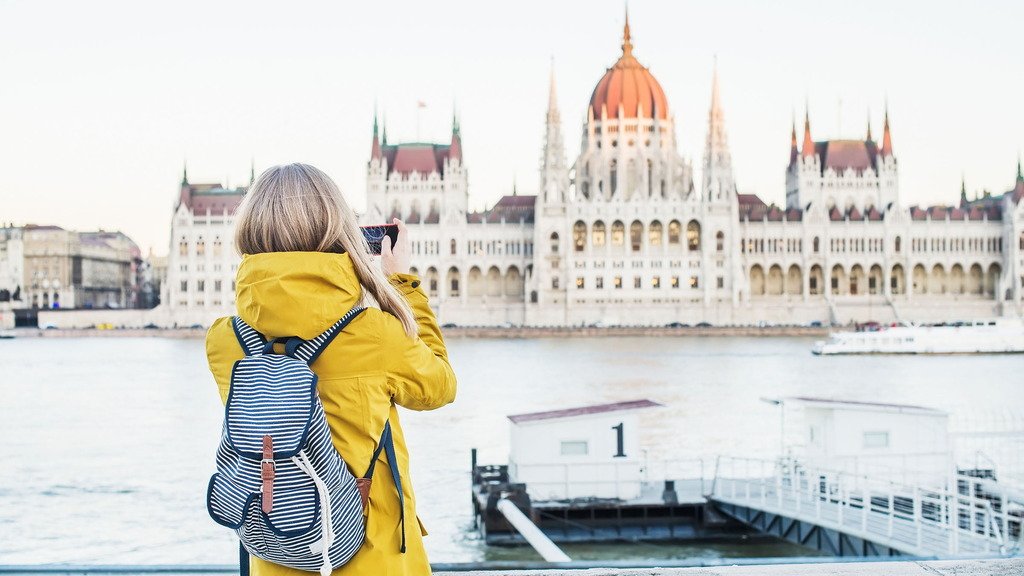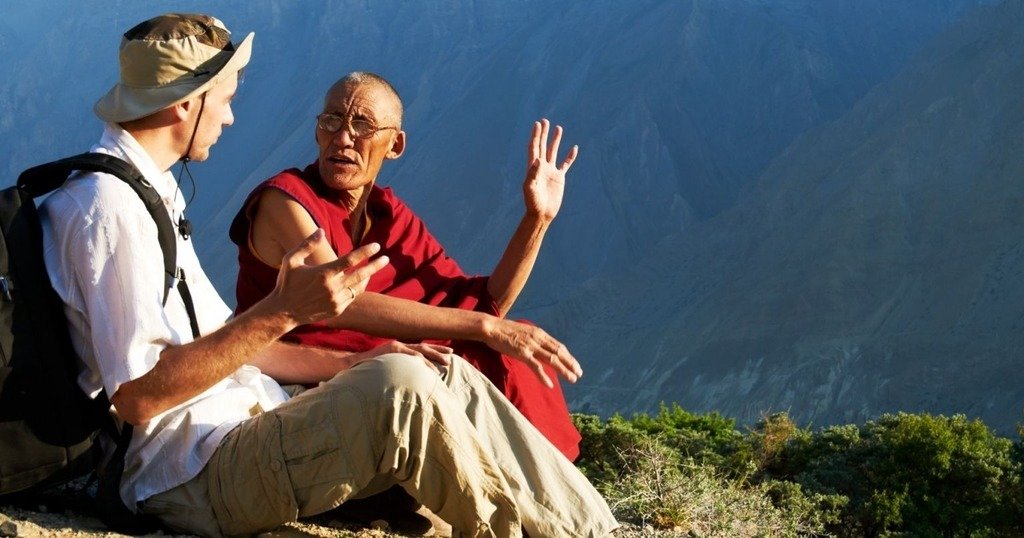Why It's Time to Rethink What It Means to Be a Tourist
Delight, discovery, and personal development have always been associated with travel. However, as travel has become more accessible and the globe has become more linked, the conventional understanding of tourism is scrutinised more closely. It is becoming less and less common to think of tourists as passive observers who rush from attraction to attraction without stopping to consider a place’s true spirit. A new traveller type is developing today: one who places a high value on sustainability and respect for local cultures while searching for rich, meaningful experiences. This change necessitates redefining what it means to be a visitor.

The Impact of Traditional Tourism
Conventional tourism frequently focuses on visiting well-known sites, lodging in cosy, famous hotels, and taking advantage of guided excursions that give visitors a cursory overview of a location. This method can be easy and fun, but it frequently ignores travel’s more profound effects on culture, society, and the environment. Mass tourism’s adverse effects include overcrowding, environmental damage, and cultural insensitivity. The repercussions of overtourism, when the volume of tourists overwhelms local infrastructure, destroys ecosystems, and interferes with locals’ everyday lives, have been felt in places like Venice, Barcelona, and Machu Picchu. As a result, locals’ discontent has grown, and requests for more conscientious and environmentally friendly travel habits have resulted.
Embracing Sustainable Tourism
Sustainable tourism aims to reduce travel’s harmful effects while maximizing its positive impact on the environment and local people. It urges visitors to practice responsible consumerism, patronize neighbourhood establishments, and preserve the environment and cultural heritage. One approach to embracing sustainable tourism is selecting eco-friendly lodgings, emphasizing waste minimization and energy efficiency, and utilizing regional resources. Eco-certifications are becoming widely available in hotels and resorts, assisting guests in making more informed decisions. Tourists may also lessen their carbon impact by choosing slower, greener forms of transportation like bicycles, buses, or train instead of driving or flying. Programmers that offset carbon emissions can reduce the environmental effect when flights are required.

Immersive and Authentic Experiences
Travellers increasingly seek genuine experiences that enable them to engage more deeply with the local way of life and community. These include picking up a new skill, volunteering for community initiatives, or experiencing regional customs. Consider booking a homestay or boutique guesthouse, for instance, as an alternative to a chain hotel. This way, you can engage with the people and learn about their way of life. Numerous locations have cultural exchange programmers that match visitors with local families, offering a unique chance to get a firsthand look at everyday life, food, and customs. Another practical approach to learning about a culture is through its food. Eating at family-run restaurants, going to local markets, or taking a cooking lesson can provide a more genuine and authentic experience than dining at enterprises catering to tourists.
Respecting Local Cultures and Environments
Responsible travel is based on respect for the customs and environments of the places you visit. This entails being aware of and considerate of regional traditions, customs, and social mores. Respect and constructive relationships may be fostered by picking up a few words in the local tongue, dressing correctly, and adhering to cultural customs. It’s crucial to think about how your actions will affect the environment. When hiking, stay on approved pathways, watch for wildlife, and be considerate of your trash. Following the rules for responsible tourism set out by many locations can contribute to preserving the area’s biodiversity and natural beauty. Interacting with local tour operators and guides can help ensure that your visit benefits the community while deepening your awareness of the region.

The Role of Technology
Technology greatly influences modern travel, offering information and tools to improve the trip while fostering sustainability and cultural awareness. Travellers may use apps and websites to connect with local guides and experiences, discover eco-friendly lodging, and identify things off the main route. Social media platforms provide a means of disseminating travelogues and advocating ethical tourism practices. However, it is important to exercise caution about the possible adverse effects of social media, including—but not limited to—amplifying over-tourism in certain regions or unintentionally endorsing detrimental conduct. Conscientious travellers use these platforms to spread the word about sustainable travel habits and cultural sensitivity.
Conclusion
How we travel considerably influences the locations we visit and the people we encounter. By reconsidering what it means to be a tourist, we may turn our travel experiences into chances for deep relationships, personal development, and constructive contributions to society. Becoming a more responsible traveller requires adopting sustainable behaviors, looking for genuine experiences, and respecting the surroundings and cultures of the places you visit. Let us endeavor to leave a constructive legacy for the next generations of travellers and the communities we see as we continue to explore the world.






